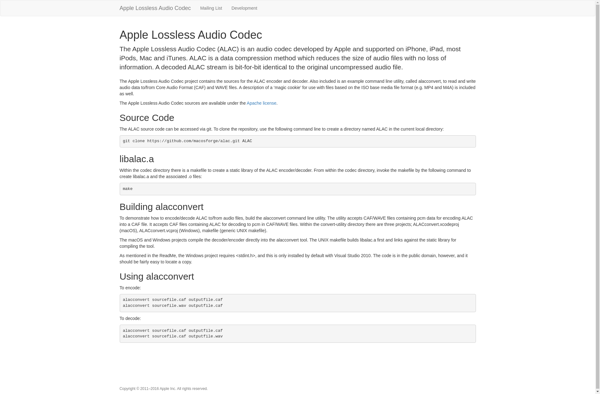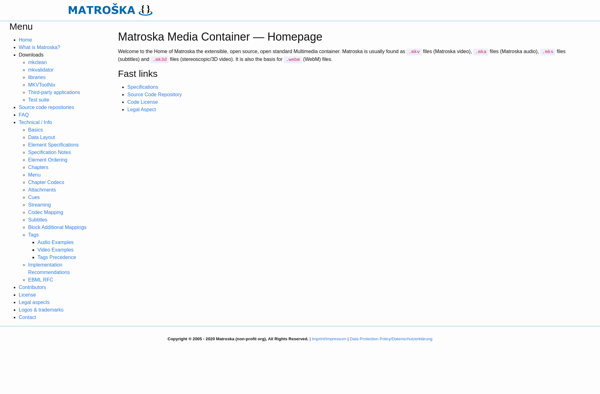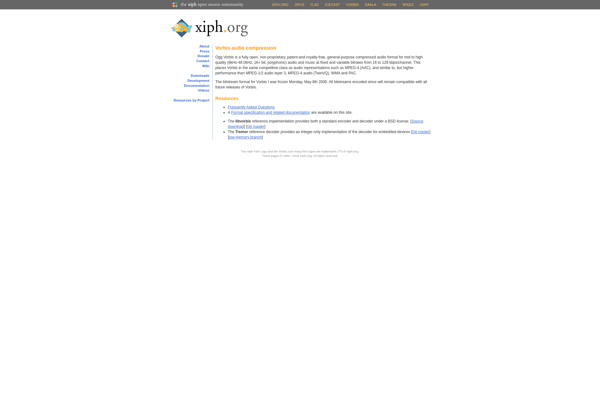Apple Lossless

Apple Lossless
Apple Lossless (ALAC) is an audio codec developed by Apple for lossless data compression of digital music. It compresses audio data without losing any information, allowing for high fidelity playback.
What is Apple Lossless?
Apple Lossless (ALAC) is an audio codec developed by Apple Inc. in 2004 for lossless compression of digital music files. It allows digital audio files to be compressed without losing any information, enabling them to be stored using significantly less space while retaining the same high fidelity playback.
The ALAC codec provides efficient compression and decompression of pulse-code modulated (PCM) audio by exploiting correlation between successive audio samples. It supports audio sampled at rates up to 192 kHz and bit depths up to 32 bits. The compression ratios typically range between 30% and 60% compared to uncompressed files, depending on the type of audio being compressed.
ALAC supports metadata tagging like ID3 tags found in MP3 files, allowing information such as title, artist, album etc. to be stored along with the compressed audio data. This makes ALAC a suitable format for storing and archiving libraries of music while retaining information about each file.
ALAC files use the .m4a file extension, the same as some other MPEG-4 Audio codecs. ALAC is supported natively in macOS, iOS, and watchOS devices, and can be played through iTunes on Windows as well. As an open-source and royalty-free codec, support for ALAC continues to grow across various media applications and platforms.
Apple Lossless Features
Features
- Lossless compression of digital audio
- Preserves all the data of the original audio file
- Supported natively on Apple devices and software
- Can reduce file sizes by about 50% compared to uncompressed audio
- Open source codec
Pricing
- Free
- Open Source
Pros
Cons
Official Links
Reviews & Ratings
Login to ReviewThe Best Apple Lossless Alternatives
Top Audio & Music and Lossless Audio Codecs and other similar apps like Apple Lossless
Here are some alternatives to Apple Lossless:
Suggest an alternative ❐Matroska

Vorbis

Nero AAC Codec
